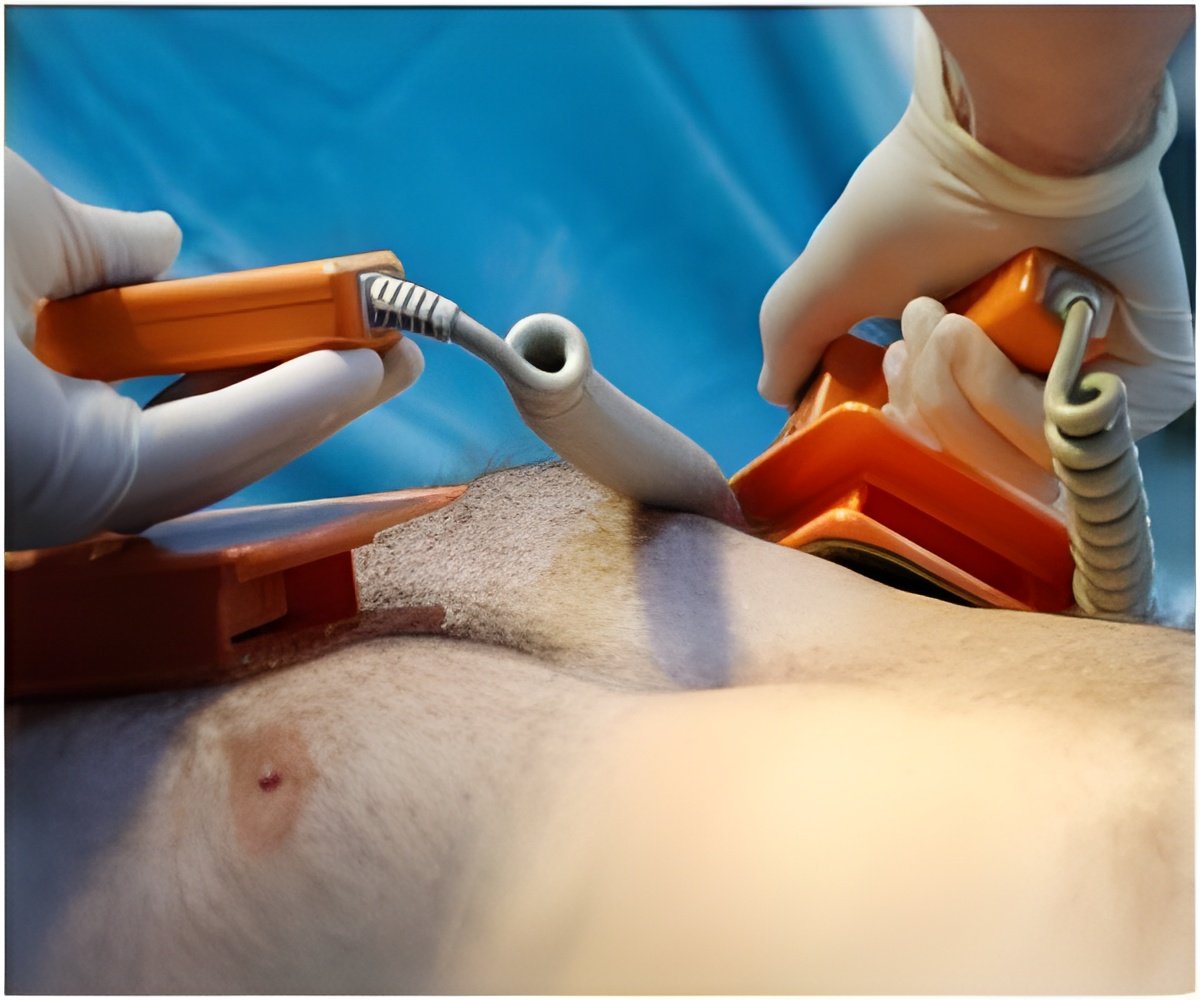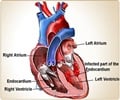
"I think it's a grand slam," ABC News quoted Dr. William Abraham, one of the study's principal researchers, as saying.
He added: "It has been a decade since we have seen a trial this positive in terms of heart failure."
The device, known as the EndoSure Wireless AAA Pressure Management System, is a tiny sensor that is implanted through a catheter into the heart's pulmonary artery.
The procedure takes no more than seven minutes.
The patient has to pass a wand over his or her chest once a day to collect real-time data on heart pressure from the sensor. Thereafter, this data is sent to a secure Web site, where doctors can review it.
Advertisement
The device is currently being tested as it awaits Food and Drug Administration (FDA) approval.
Advertisement














